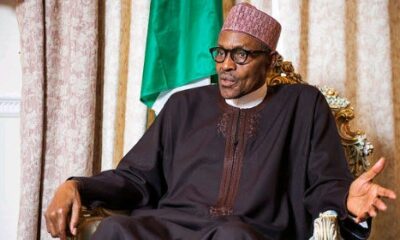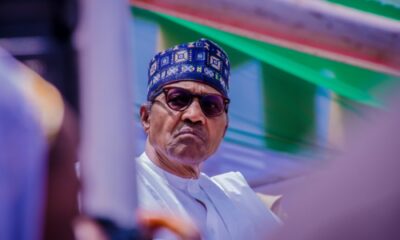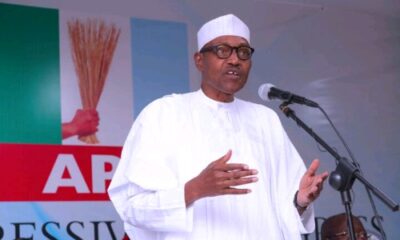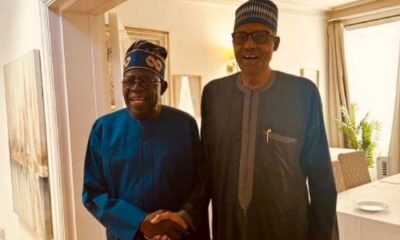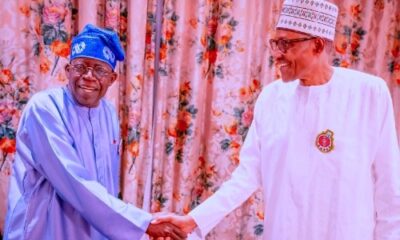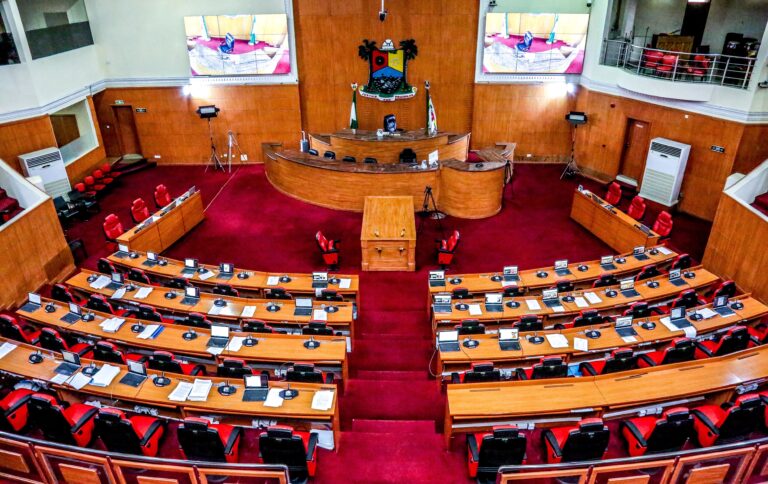Members of the Lagos State Assembly have called for financial autonomy for the legislative arms of the Local Governments (LGs) and Local Council Development Areas (LCDAs) throughout the state.
The call was made at Plenary session on Tuesday, September 16, presided over by the Speaker, Rt Hon Mudashiru Obasa.
The motion, titled “Call for Financial Independence for the Legislative Arms of Local Government Areas and LCDAs in Lagos,” was introduced by Hon. Sanni Babatunde, the Chairman of the Committee on Local Government Administration, Chieftaincy Affairs, and Rural Development.
Hon. Babatunde underscored that the legislative arm at the local level plays a crucial role in Nigeria’s democratic framework, bearing constitutional responsibilities for law-making, oversight, and constituency representation.
Contributing to the discussion, Hon. Obafemi Saheed highlighted that the 1999 Constitution emphasizes the separation of powers, asserting that granting autonomy at the local level would enhance representation, oversight, and independence, aligning it with practices at the state and federal levels. He argued that such measures would foster good governance at the grassroots.
Hon. Temitope Adewale, OON, who supported the motion, stressed that councilors perform functions comparable to those of state legislators. He expressed concern that many council leaders often face undue influence from local government chairpersons due to their financial reliance. He proposed that training for local government legislative leaders should involve cooperation between the Ministry of Local Government and the Lagos State House of Assembly.
Further insights were shared by Hon. Bonu Solomon, who commended President Bola Ahmed Tinubu for providing financial autonomy to local governments through direct allocations from the federation account, which has reportedly improved their operational efficiency. He insisted that similar financial independence should also be granted to local legislative bodies.
Hon. Aro Moshood added that empowering local government legislatures is essential for effective governance, suggesting that lawmakers should actively observe local legislative sessions to understand the issues faced by councilors without autonomy.
The lawmakers decided to urge Governor Babajide Sanwo-Olu to instruct the Ministry of Local Government, Chieftaincy Affairs, and Rural Development to formulate a strategy for the independent financing of Legislative Councils within Lagos State.
Speaker Obasa echoed the importance of financial independence for councilors to effectively perform their oversight roles. He noted the increased allocations to local governments and emphasized the need to empower grassroots legislatures to maintain proper checks and balances for the benefit of the citizens.
The House resolved to instruct the Commissioner of the Ministry of Local Government, Chieftaincy Affairs, and Rural Development to prioritize ongoing training and capacity-building programs for councilors in financial management, budgeting, and legislative practices. They also urged the Ministry to pursue the enactment of a self-accounting law that would secure financial autonomy for the legislative arms in all local governments and LCDAs.

 BIG STORY3 days ago
BIG STORY3 days ago
 BIG STORY2 days ago
BIG STORY2 days ago
 BIG STORY2 days ago
BIG STORY2 days ago
 BIG STORY1 day ago
BIG STORY1 day ago
 BIG STORY3 days ago
BIG STORY3 days ago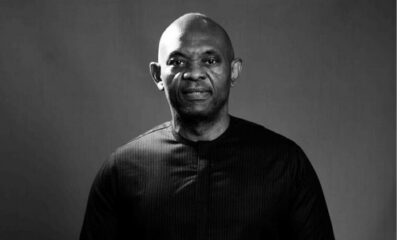
 BIG STORY1 day ago
BIG STORY1 day ago
 BIG STORY2 days ago
BIG STORY2 days ago
 BIG STORY1 day ago
BIG STORY1 day ago








